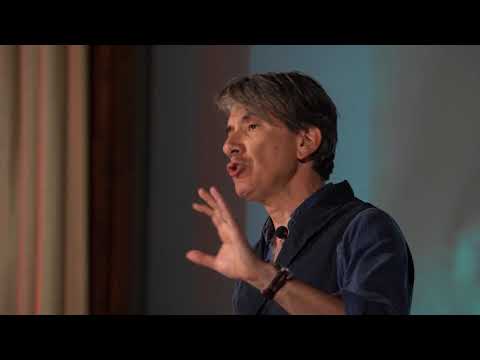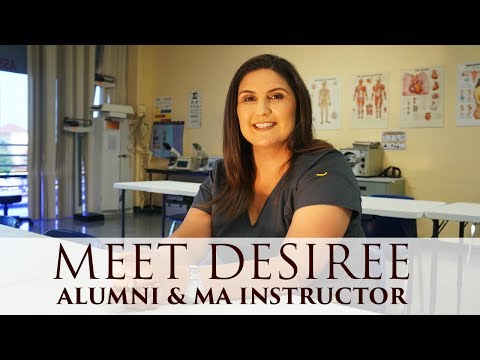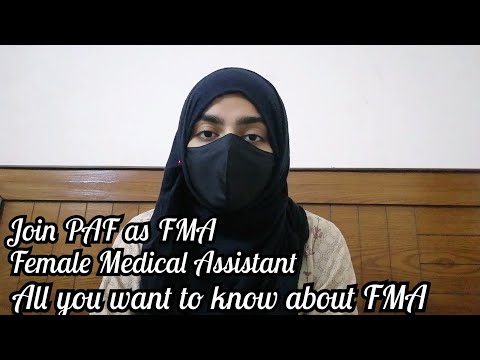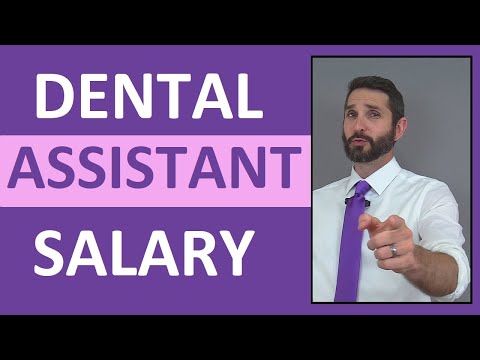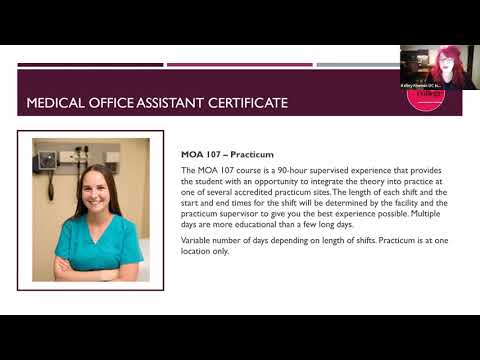Arguments Against Medical Assistance in Dying
Contents [show]
A blog exploring the arguments against medical assistance in dying. This includes a look at the ethical, religious, and practical objections to this practice.
Checkout this video:
Introduction
Medical assistance in dying (MAID) is a contentious issue, with many valid arguments on both sides. This guide will outline some of the main arguments against MAID, based on the ethical principles of autonomy, beneficence, and non-maleficence.
autonomy, the principle of self-determination, is enshrined in Canadian law through the charter right to security of the person. Under this principle, individuals have the right to make their own decisions about their medical care, free from coercion or interference. The argument against MAID is that it violates autonomy by allowing someone else to end a person’s life.
Beneficence is the principle of doing good and avoiding harm. One argument against MAID is that it goes against the Hippocratic Oath taken by all physicians, which includes the pledge to “do no harm.” The argument is that MAID does more harm than good because it hastens death and kills a vulnerable person who may later change their mind. Non-maleficence is similar to beneficence but focuses specifically on avoiding harm. The argument here is that MAID can never be truly voluntary because it is impossible to know for sure that a person’s request for MAID is not coerced by depression or other mental health issues.
These are just some of the many arguments against MAID. In the end, it is up to each individual to decide what they believe is ethically right or wrong.
The Sanctity of Life
One of the primary arguments against Medical Assistance in dying is the belief that life is sacred. This belief is founded on the idea that human life is a gift from a higher power and that taking human life, even if it is to end suffering, is tantamount to playing God. Those who hold this belief often argue that Medical Assistance in dying violates the Hippocratic Oath, which states “first, do no harm.”
The slippery slope argument
The slippery slope argument is one of the most commonly used arguments against medical assistance in dying (MAID). The argument goes like this: if we allow MAID, then it will lead to a slippery slope where more and more people will be allowed to end their lives early, including those who are not terminally ill or in pain. This could eventually lead to a situation where people who are not sick or in pain are encouraged or even pressured to end their lives.
While the slippery slope argument may seem convincing at first, it is actually based on a false understanding of how MAID works. In order for someone to be eligible for MAID, they must be suffering from an incurable and irreversible condition that is causing them unbearable physical or psychological suffering. They must also be competent and able to make their own decisions. This means that the slippery slope argument does not apply to MAID, as it would be impossible for someone who is not sick or in pain to receive MAID.
The slippery slope argument is also flawed because it conflates euthanasia with MAID. Euthanasia is when a doctor intentionally ends a patient’s life at their request. This is different from MAID, where the doctor only provides the patient with the means to end their own life. The decision to end one’s life is always made by the patient, not the doctor, and MAID can only be carried out with the patient’s explicit consent.
The bottom line is that the slippery slope argument does not hold up when applied to MAID. MAID is a safe and regulated procedure that has strict eligibility criteria in place to protect vulnerable people from being pressured into making a decision they may later regret.
The potential for abuse
Medical assistance in dying (MAID) is a controversial topic, with many people arguing for and against the practice. One of the main arguments against MAID is the potential for abuse.
There is a risk that vulnerable people could be coerced into choosing MAID if it were legal. For example, if a family member were to pressure a person with a terminal illness into choosing MAID so that they could inherit their estate, this would be an abuse of the system.
There is also a concern that MAID could be used as a tool to exploit vulnerable people. For example, if someone were to offer to help a person with a terminal illness end their life in exchange for money, this would be an abuse of MAID.
MAID could also be abused if it were legal to end the life of someone who was not terminally ill but was considered to be a burden on society. This could lead to people with disabilities or mental health conditions being pressured into choosing MAID.
The potential for abuse means that MAID should only be legalised if there are strict safeguards in place to protect vulnerable people from being coerced or exploited.
The impact on families and friends
Medical assistance in dying (MAID) is a controversial topic, and there are arguments on both sides. One argument against MAID is the impact it could have on families and friends. The decision to end one’s life is not made lightly, and it can be a very difficult thing for loved ones to come to terms with. If MAID becomes more widely available, it is possible that some people who might not have otherwise chosen to end their lives may do so because they feel it is easier than putting their loved ones through the pain of watching them suffer. This could lead to a lot of guilt and grief for those left behind.
The role of the medical profession
The role of the medical profession is to heal and to comfort. It is not to end life. In order for society to function properly, there must be an acceptance of the natural cycle of life and death. Medical assistance in dying goes against this cycle and erodes the trust that patients have in their doctors.
The possibility of regret
The possibility of regret is one of the main arguments against medical assistance in dying. The thought is that a person who chooses to end their life, may later regret their decision and want to live. This could lead to a situation where people who are terminally ill or facing a long and painful death, may choose to end their life prematurely out of fear of suffering. Those who are against medical assistance in dying, believe that this would be a tragic result.
The ethical implications
When we talk about medical assistance in dying, we are talking about a doctor or nurse helping a patient to die. This can be done in a number of ways, but the most common is by prescribing a lethal dose of medication which the patient then takes themselves.
There are a number of ethical implications associated with medical assistance in dying. One of the main concerns is that it could lead to patients feeling pressure to end their lives early because they do not want to be a burden on their families or on the healthcare system.
Another concern is that medical assistance in dying could be used as a way to exert control over people who are seen as being difficult or expensive to care for. For example, if someone with a disability or chronic illness costs more money to care for than someone without those issues, there might be pressure on them to end their lives early so that resources can be redirected elsewhere.
Finally, there is the worry that medical assistance in dying could be used as a way to cover up cases of elder abuse. If an elderly person is being mistreated by their caregiver, they may feel like they have no other option but to request medical assistance in dying so that they can escape their situation.
These are just some of the ethical implications associated with medical assistance in dying. It is important to remember that this is a complex issue and there are many different perspectives on it.
The religious objections
The religious objections to medical assistance in dying are based on the belief that life is a gift from God and that only God has the right to end a life. Although there are many different religions, most of them share this basic belief.
Those who object to medical assistance in dying on religious grounds believe that it is morally wrong to hasten death, even if the person is suffering from a terminal illness. They argue that everyone has a right to life, and that it is not up to humans to end life prematurely.
Religious objections to medical assistance in dying also argue that the process of assisted dying could lead to abuse and voluntary euthanasia. They worry that vulnerable people, such as the elderly or disabled, might be pressured into requesting assisted death if it becomes seen as a normal and acceptable way to die.
There are also practical concerns about medical assistance in dying. Critics worry that there could be a lack of safeguards to ensure that people are making informed decisions about ending their lives. They also worry about whether physicians and other health care workers will be able to conscientiously object to participating in assisted death.
Conclusion
In conclusion, arguments against medical assistance in dying are often based on emotional appeals and personal beliefs rather than logic or reason. It is important to remember that everyone has the right to make their own decision about end-of-life care, and that medical assistance in dying is an option for those who are suffering from a terminal illness and wish to die with dignity.

